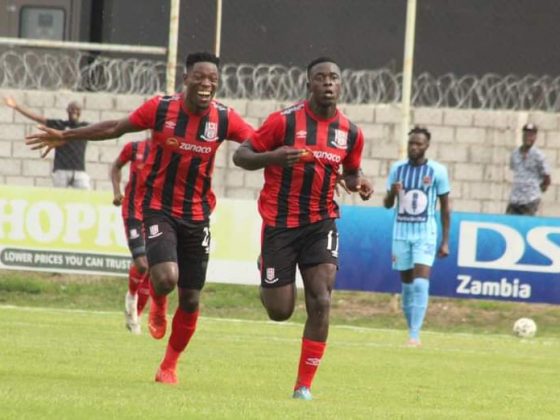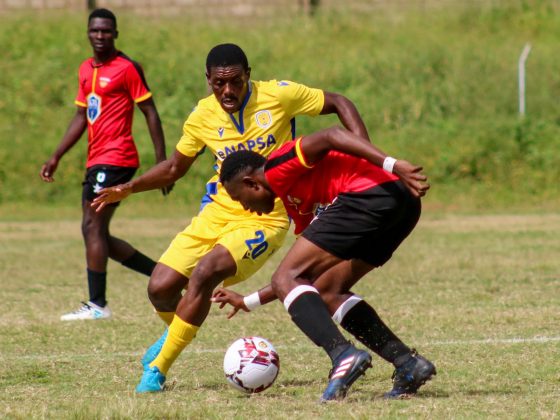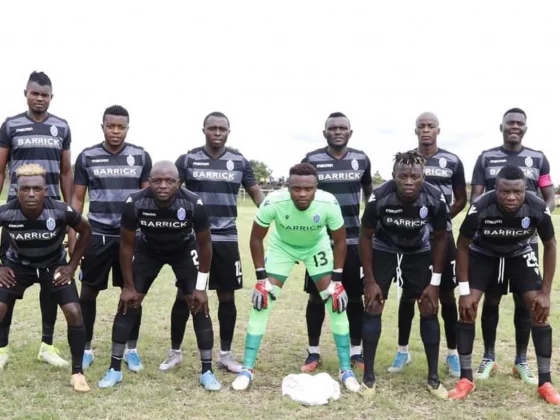BARELY 24-hours after hearing from Minister of Community Development and Social Services Kampamba Mulenga Chewe of the US$20 million Covid-19 Emergency Cash Transfer, programme we hear that the World Bank Board of directors have approved additional funding for empowerment of women and girls.
The fact that Zambia has continued to make way in alleviating rural poverty through strategic partnerships is encouraging.
In the knowledge that the coronavirus pandemic continues to wreak havoc across the globe, it is further heartening that the rural poor and most marginalized group in the national economy will not be left behind.
The Girls Education and Women’s Empowerment (GEWEL) Project has supported more than 28,000 girls from poor households by covering their secondary school costs and 75,000 poor women in Zambia with livelihood packages, including, life and business skills training, mentorship, and support to form savings groups.
In 2016 US$65 million was approved for the GEWEL Project and now a further which was approved in 2015.
A further US$142 million credit from the International Development Association (IDA) and US$35 million in co-financing grants from the UK Department for International Development and the Swedish International Development Association will now be administered under the World Bank through a multi-donor trust fund.

World Bank Country Manager for Zambia, Sahr Kpundeh, said the group was hopeful that a better human capital outcomes would be attained through educating adolescent girls with the additional support.
Dr Kpundeh was also hopeful that the support would empower women and supporting the poorest households with longer-term investments, as well as enhancing Government’s capacity to manage such interventions.
World Bank Task Team Leader of the project, Emma Hobson, said the project was mostly implemented in rural areas where education levels were low and the prevalence rates of gender-based violence (GBV) were high.
“Considering that gender-based violence (GBV) is a major concern in Zambia, under the Additional Financing a more concerted approach to prevent, mitigate, and respond to GBV risks will be introduced, with complimentary interventions within the Bank’s health and education projects,” she said.
It is no secret that many young girls are forced into early marriage as a means of survival and are unable to lift themselves out of the cycle of poverty due to illiteracy and lack of life skills.
Investing into the empowerment of girls and women is a definite solution to the challenge of rural poverty, poor health and poor nutrition that is seen amongst many of the younger generation.
The additional finance will support the Government’s goal to increase access to livelihood support for women and to boost access to secondary education for disadvantaged adolescent girls in extremely poor households in selected districts.
Recognising the dire needs of these girls and women, the GEWEL Project also supports regular and predictable cash transfers to 245,000 extremely poor and vulnerable beneficiaries through the government’s Social Cash Transfer (SCT) Programme.
Such cash transfers have improved basic consumption, resilience and investments in productive activities in Zambia and are crucial to protect the basic needs and human capital of the poor, particularly during the Covid-19 pandemic, which is negatively impacting the country’s extreme poor and vulnerable.
Social cash transfers is being distributed in several districts that have had their fair share of calamities in the form of floods, army worm invasion, drought and now Covid-19.
These communities will be able to tell their own success stories and hopefully begin to contribute to the revival of the national economy.






